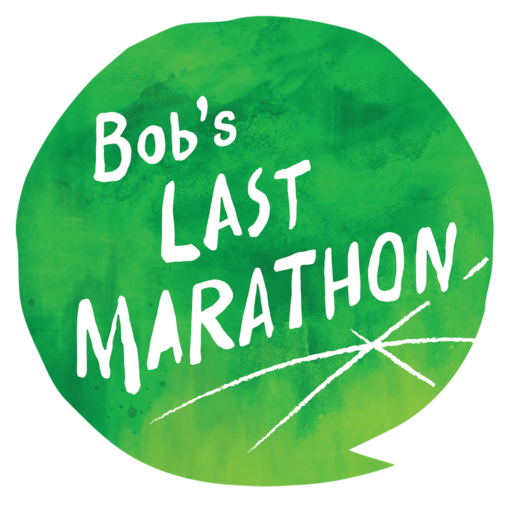Transcript
The Road to Diagnosis
When friends struggle to encourage their family members to get tested for cognitive impairment, they sometimes ask how long it took me and Bob to talk to his doctor and start the process. It surprises my friends when I tell them that my best estimate is six years—six years after the first symptoms of cognitive impairment were noticed by me and by our family.
The first signs seemed innocuous enough. About six years before Bob was formally diagnosed, I began noticing oddities in his day-to-day activities. Once or twice, he mistakenly folded away used bed linen instead of putting it through the washer and dryer. When he came to the airport to pick me up after my business trips, it started to take him an unusually long time to find his car in the parking garage.
Three years before diagnosis, on what was to be our last trip to Paris, he had forgotten all the street names and metro stops that he used to know so well.
Two years before diagnosis, at the prompting of his daughter Kim, he went through neuropsychological testing, but the results were equivocal. At the time, we were told he tested “fine,” and to come back in a year—a direction that we both promptly forgot and ignored.
Two years later came the drama. On a small cruise ship with 20 cabins in the Galapagos Islands, the captain instructed all passengers to keep our cabin doors always unlocked for safety reasons, in case of an emergency. While I slept soundly through the night, Bob was caught on camera wandering through the ship, opening cabin doors to look inside. Later he would explain that he was looking for his car, thinking we were at home and that the cabin doors opened to our garage. The ship captain confronted me with it, and I had a hard time convincing him that I did not bring my husband on the trip knowing that he was cognitively impaired. We spent the rest of the cruise with the ship doctor keeping Bob company in the daytime while I went on day tours. At night, I would block our cabin door with our luggage so Bob could not venture out. Once we came home to California, I scheduled the testing. This time, the diagnosis was clear. I remember that day, on a hot and sunny California afternoon, when Bob and I literally stumbled onto the streets after being told by a newly minted neuropsychologist that his mental skills were, in her words, “profoundly impaired.” All I could remember were the words “profoundly impaired,” repeated over and over again, like a judgment, a sentence for life.
Later, we would find our way to Bob’s primary care doctor, a referral to a neurologist, a diagnosis of mild cognitive impairment and, eventually, mixed dementia—a case of Alzheimer’s disease and vascular dementia.
In retrospect, that diagnosis, difficult as it was—both getting to the test and the lack of compassion in the delivery of the results—was a positive turning point in our journey with Alzheimer’s disease. The guessing, the suspicion, and the denial were over. Bob’s future, and mine as his caregiver, were now in our hands. Follow-up visits with his primary care doctor, his neurologist, the clinical social worker at our health system; consulting the leadership at our local senior community, contacting the local chapter of the Alzheimer’s Association, and reaching out to friends—all played a part in formulating a road map to live our journey to the best of our ability and, ultimately, to thrive despite the unfavorable prognosis. A key milestone was when Bob and I were parking our car at the garage as we walked to the Alzheimer’s support program that was about to begin. I turned to Bob and said, “We are going to an Alzheimer’s support program. The key word is ‘Alzheimer’s.’ This is the diagnosis. This is what we both must accept and live with, from this point on.” We took the first step—acceptance. And doors opened as we learned to find our way to the resources we needed—the doctors, social workers, day programs, therapists, home care—that ultimately helped Bob live well despite the many challenges that kept coming our way.
After Bob passed away, when I received his medical records from the health system, I learned that during the first visit to the neuropsychologist, two years before the definitive diagnosis, the neuropsychologist noted that Bob did not appear as intelligent as would be expected for his education level. Bob was a career engineer with a doctoral degree in clinical psychology. Although the neuropsychologist did not tell me, his written notes indicated that cognitive impairment could not be ruled out at the time. Somehow, the neuropsychologist was not able to tell that to me directly—because I did not stay in the waiting room and had left the premises when the testing was completed, and when the neuropsychologist came looking for me. Looking back, I now know why. I didn’t want to know. And as I watch people around me put off their testing, I wish I knew how to tell them that there is so much more to gain than to lose. Knowledge is power, even when knowing hurts.

